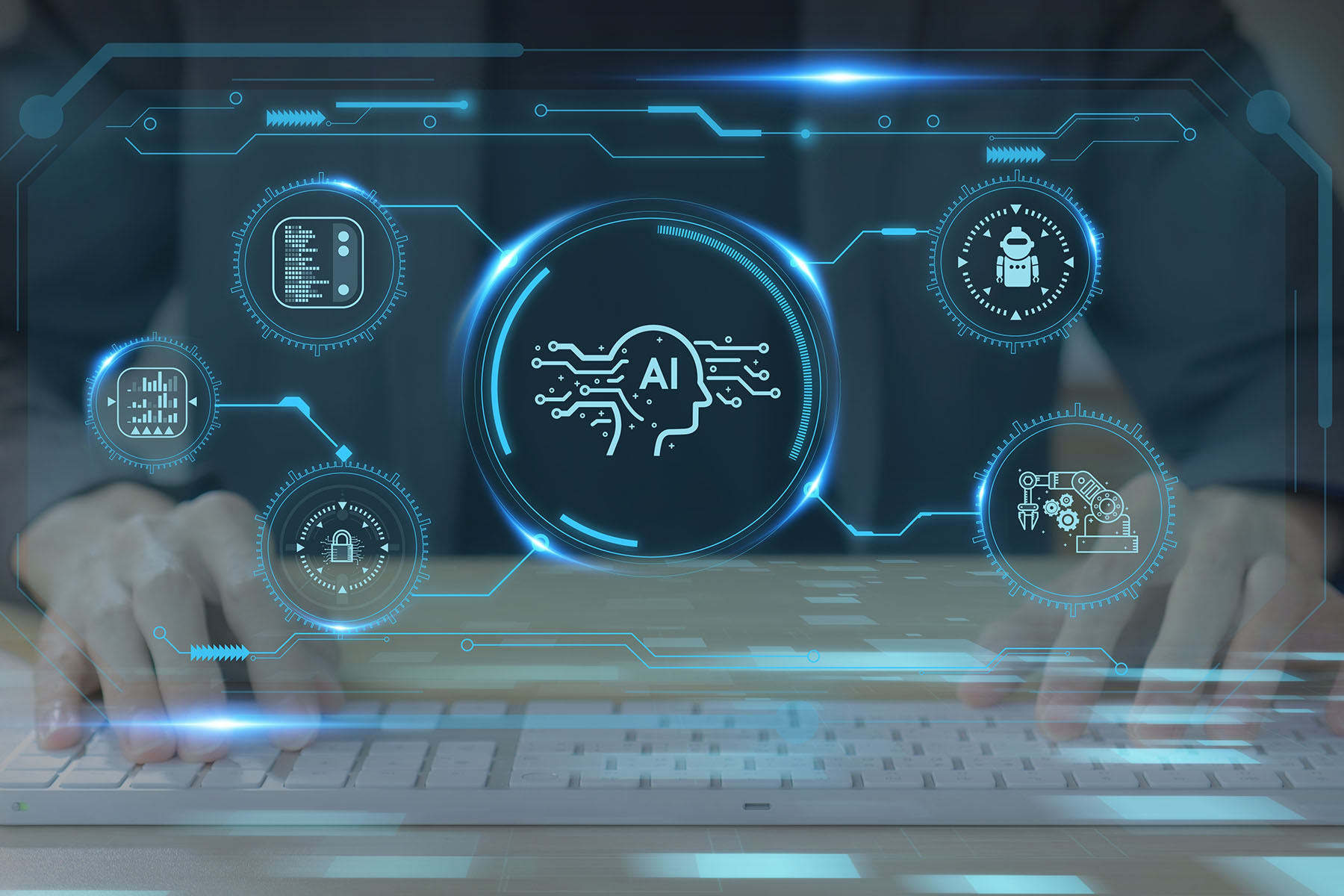The most talked about technology of the current moment for those in the life sciences—or any industry really—is artificial intelligence (AI). It was certainly top of mind for our readers when they responded to our questions about technology. You can find more of their responses on pages 36 through 38, but here are six areas where they see AI making a significant impact in the life sciences.
1. Drug Development: “At the heart of drug development lies the prediction of how novel molecules will interact with human proteins and cells. Generative AI, trained on vast biological datasets, can forecast these interactions, reducing the trial and error in drug discovery,” explains Andrew Yukawa, Product Manager, ZoomRx. “Generative AI can simulate potential pathway alterations based on molecular inputs, allowing researchers to anticipate how a drug might impact not just a single target but a cascade of cellular responses.”
2. Clinical Trials: “In clinical development, we will see the emergence of applications in real-time remote patient monitoring, which also has obvious benefits for patients,” says Stephen Pyke, Chief Clinical Data & Digital Officer, Parexel. “Other high-impact applications will address the current manual processes of supporting data flow from patient to study report as well as new tools to enable patient recruitment and monitoring.”
3. Content Generation: “AI writing tools, such as Jaspar, Writesonic, and other ChatGPT-based tools, can help rapid prototype digital content; however, the widespread use of ChatGPT exposed many of its imperfections including content bias, expertise, ownership, inconsistent data standards, privacy, and legality,” says Derick Sumrall, Customer Experience, Practice Lead, Elevate Healthcare. “So any output must be validated by a medical writer who knows their products’ MedLegal requirements.”
4. MLR Approval: “It doesn’t matter how fast you can generate content if the conveyor belt gets blocked at the end with an outdated medical legal review (MLR) process,” offers Brendan Gallagher, Chief Connected Health Officer, Publicis Health. “Consider working with your agency partners on finding an AI solution to begin to disrupt your legacy approach to MLR. Companies such as Lithero, Red Marker, and SecureChekAI (among others) are all actively seeking opportunities to work with brave clients willing to pilot the next-generation approvals process.”
5. Precision Targeting: “Instead of relying on traditional demographic, geographic, and behavioral data, AI allows for the creation of privacy-safe segments based on actual health conditions,” explains Katie Carr, EVP, Head of Sales, Swoop. “Additionally, AI enables the customization of target segments based on specific criteria, such as patients with a history of nonadherence or those most likely to benefit from a particular therapy.”
6. Patient Support: “AI can predict each and every patient’s risk of script abandonment, the likelihood of refills on time, and other gaps in therapy,” says William Grambley, CEO, AllazoHealth. “Once AI identifies high-risk individuals with the greatest likelihood of being influenced by an intervention from a patient support program, it provides marketers with the next-best action for that individual, including which content, channel, timing, and frequency will work best for the person.”









